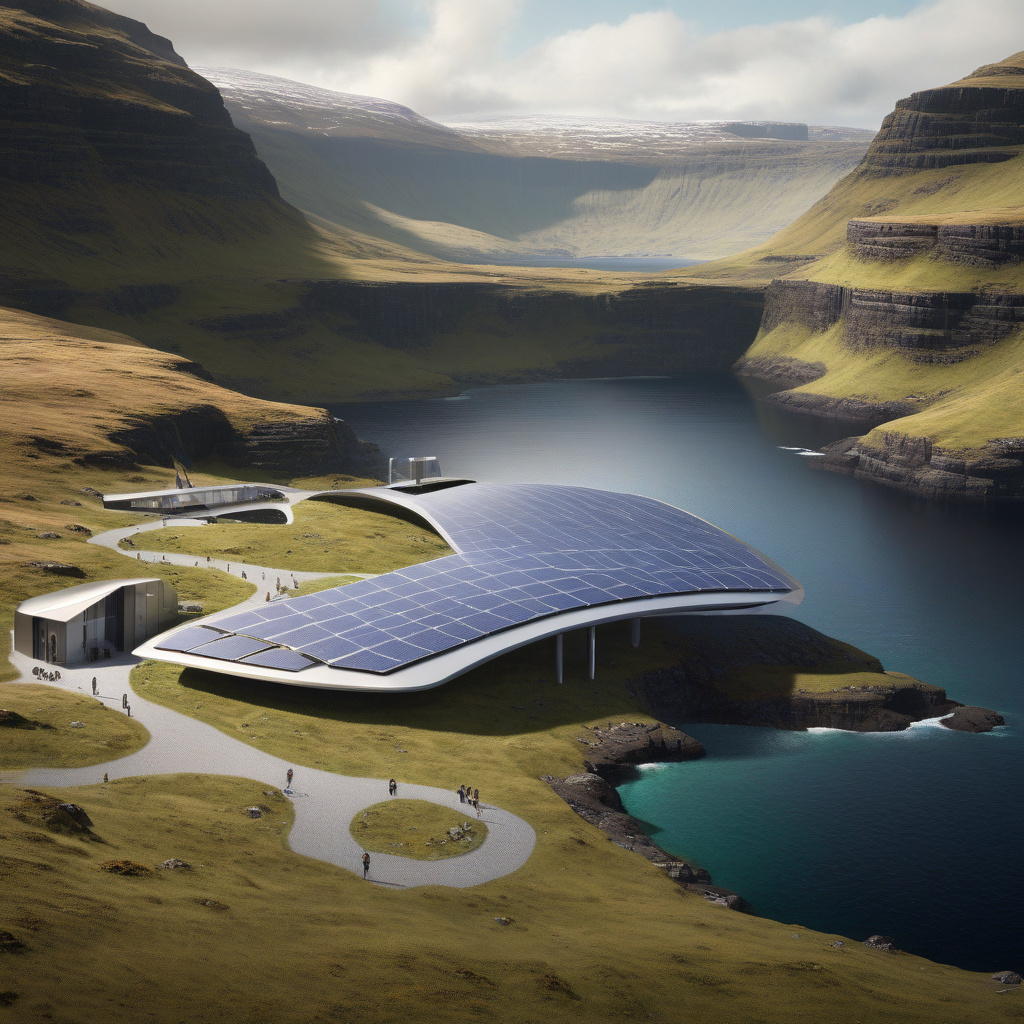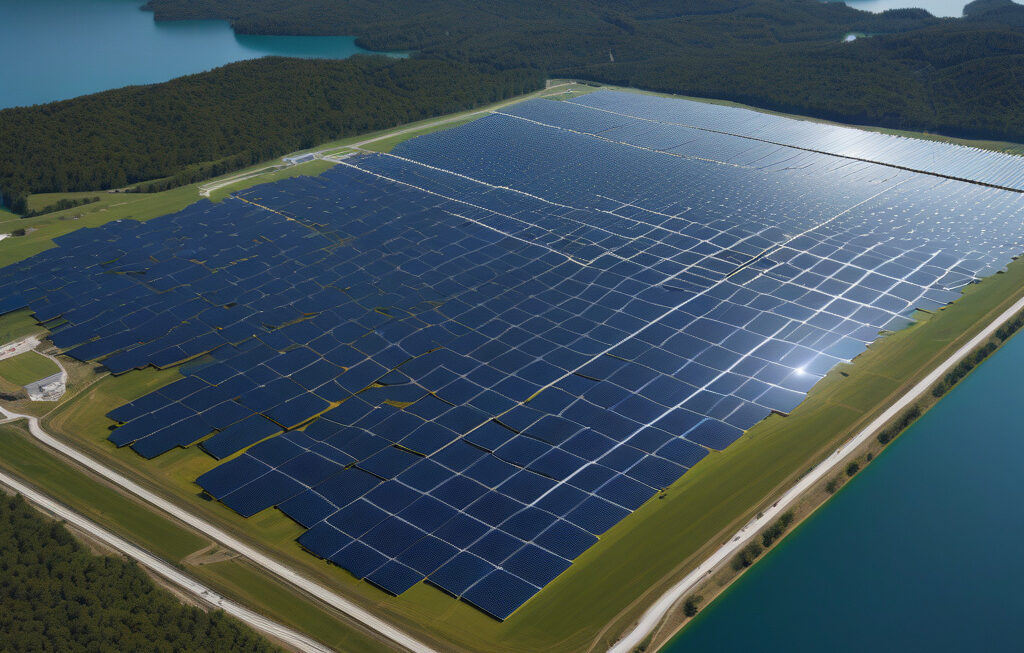Faroe Islands Space Program: Harvesting ‘Moon Energy’ Without Going to Space
For a space program, failing to send a spacecraft to orbit would usually mean something’s amiss. However, the Faroe Islands Space Program is rewriting the rules by harnessing the power of ‘Moon energy’ without ever leaving the Earth’s atmosphere. This innovative approach not only challenges traditional space exploration methods but also opens up new possibilities for renewable energy sources.
The Faroe Islands, a small archipelago situated between Iceland and Norway, might not be the first place that comes to mind when you think of space exploration. However, this remote region is now at the forefront of a groundbreaking project that aims to capture the energy of the Moon using cutting-edge technology developed by local scientists and engineers.
The concept behind the Faroe Islands Space Program is both simple and ingenious. Instead of launching a spacecraft into space to collect solar energy, which can be intermittent and dependent on weather conditions, the focus is on capturing the constant and abundant energy emitted by the Moon. This energy, in the form of moonlight, can be transformed into electricity through a process known as photovoltaic conversion.
One of the key technologies being employed in this project is a new type of solar panel specifically designed to capture and convert moonlight into electricity efficiently. These panels, developed using advanced materials science and engineering techniques, are capable of maximizing energy absorption from the Moon’s rays, even during cloudy or overcast nights.
The Faroe Islands Space Program has already set up a small-scale pilot project to test the feasibility and effectiveness of this ‘Moon energy’ concept. Initial results have been promising, with the specially designed solar panels demonstrating a significant increase in energy production compared to traditional solar panels used for capturing sunlight.
If successful, the implications of this project could be far-reaching. Not only could the Faroe Islands become energy self-sufficient using renewable ‘Moon energy,’ but the technology developed could also be adapted for use in other regions with limited access to sunlight or where traditional solar power generation is not feasible.
Furthermore, the Faroe Islands Space Program highlights the importance of thinking outside the box when it comes to tackling global challenges such as energy sustainability. By leveraging the unique natural resources available, even unconventional ones like moonlight, we can pave the way for a more sustainable and environmentally friendly future.
As the Faroe Islands continue to make strides in harnessing ‘Moon energy’ through their innovative space program, the rest of the world watches with anticipation. Perhaps the key to unlocking a new era of renewable energy lies not among the stars, but right here on our own planet, illuminated by the gentle glow of the Moon.
Faroe Islands, Space Program, Moon Energy, Renewable Energy, Innovation












